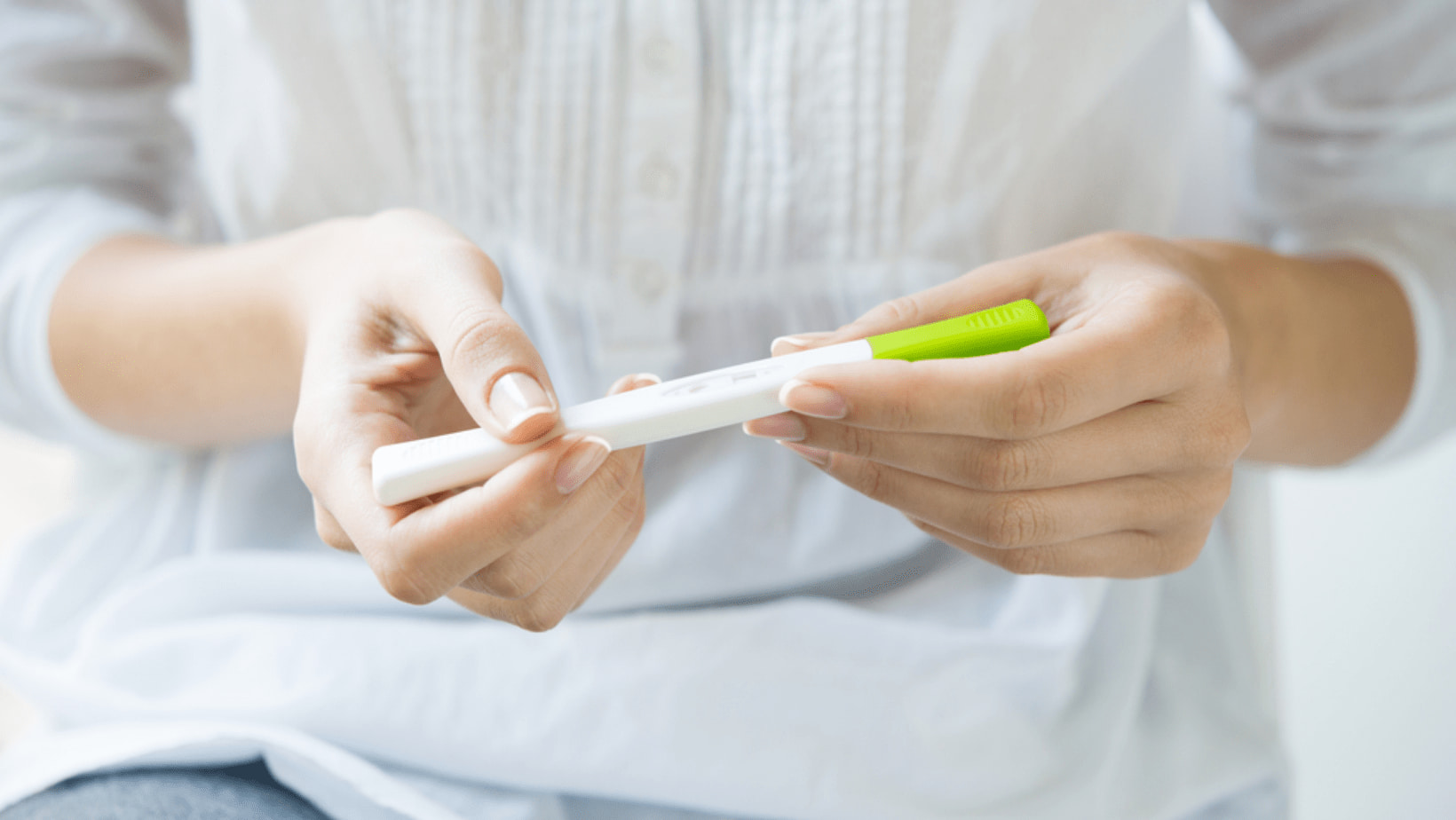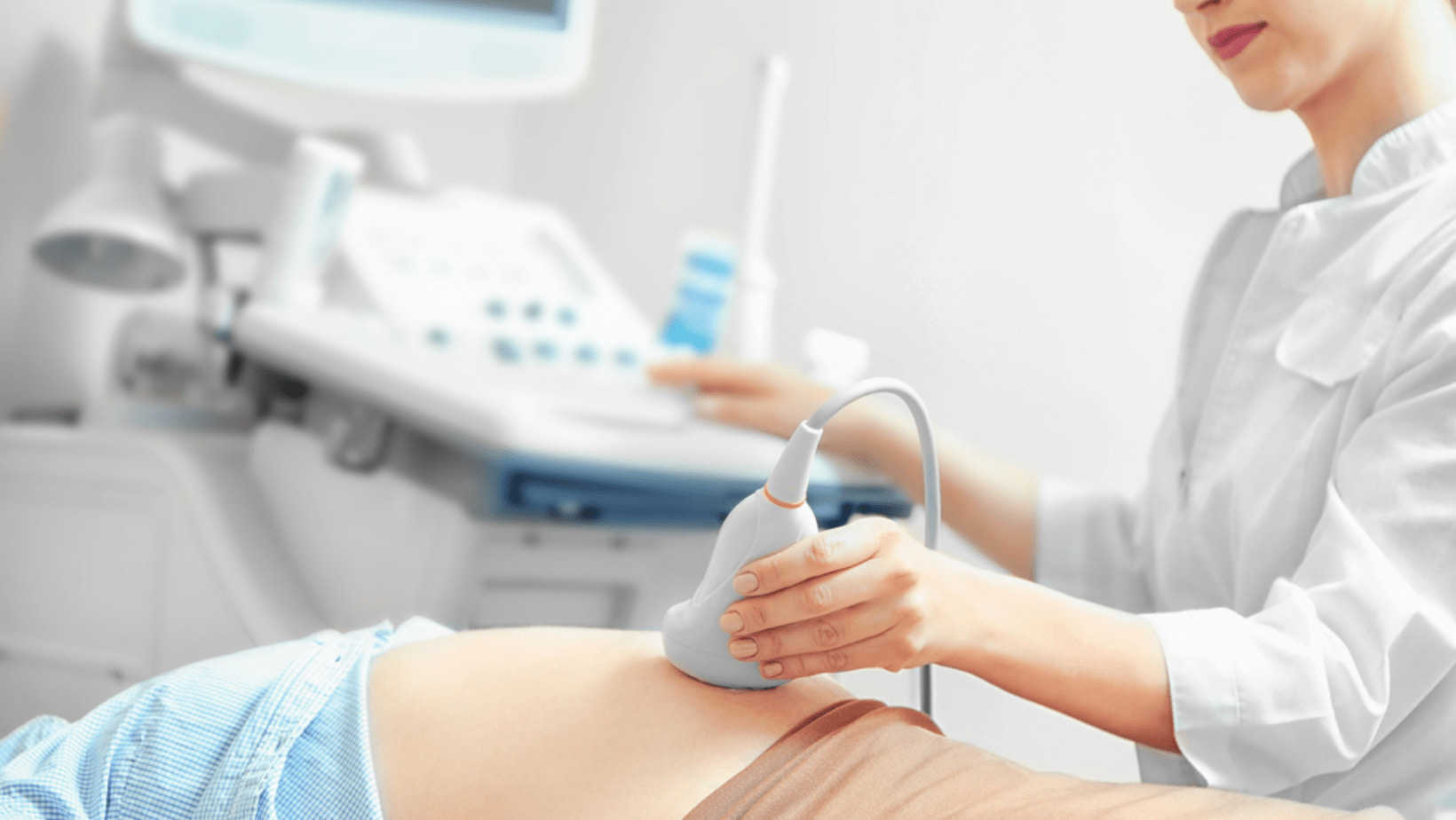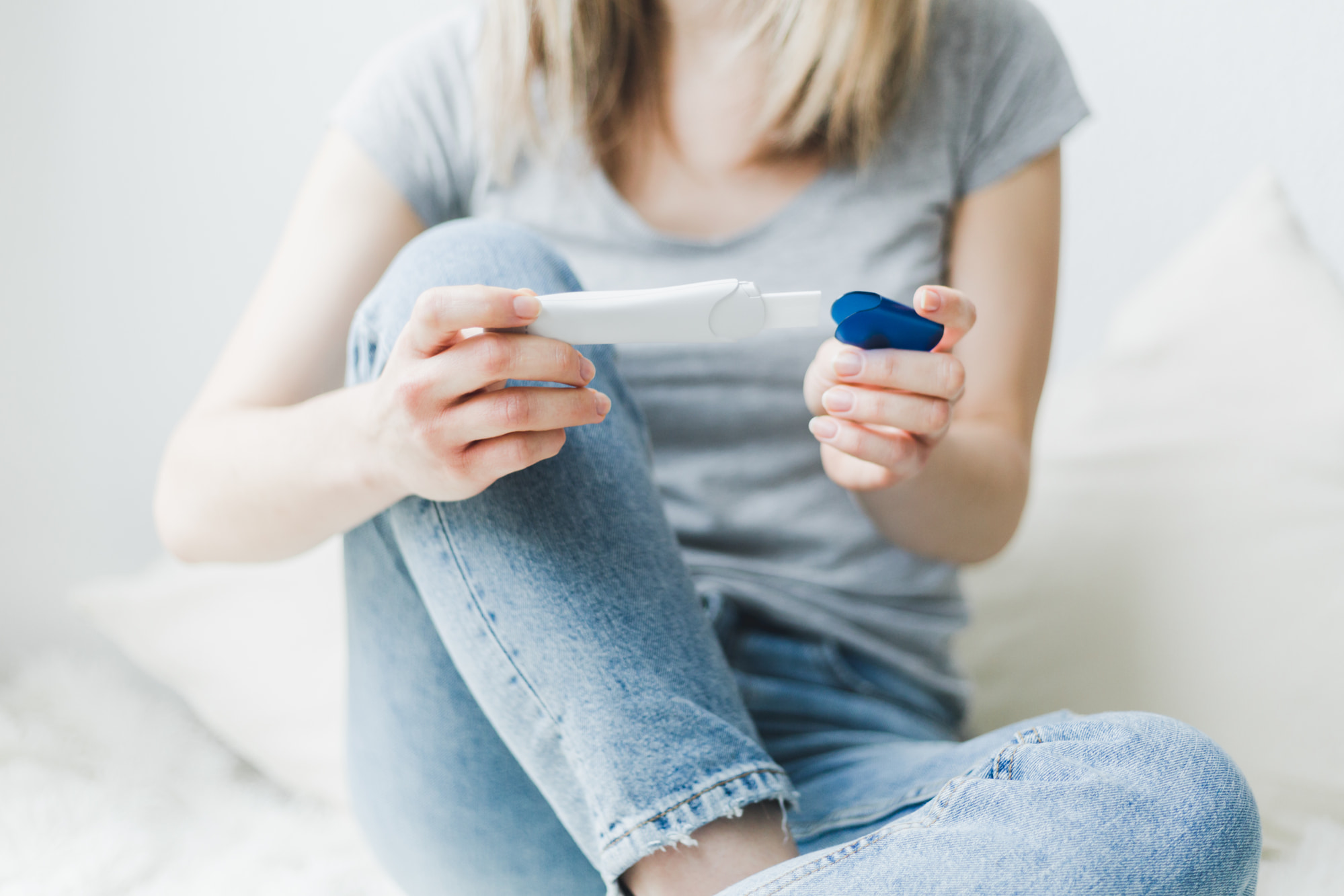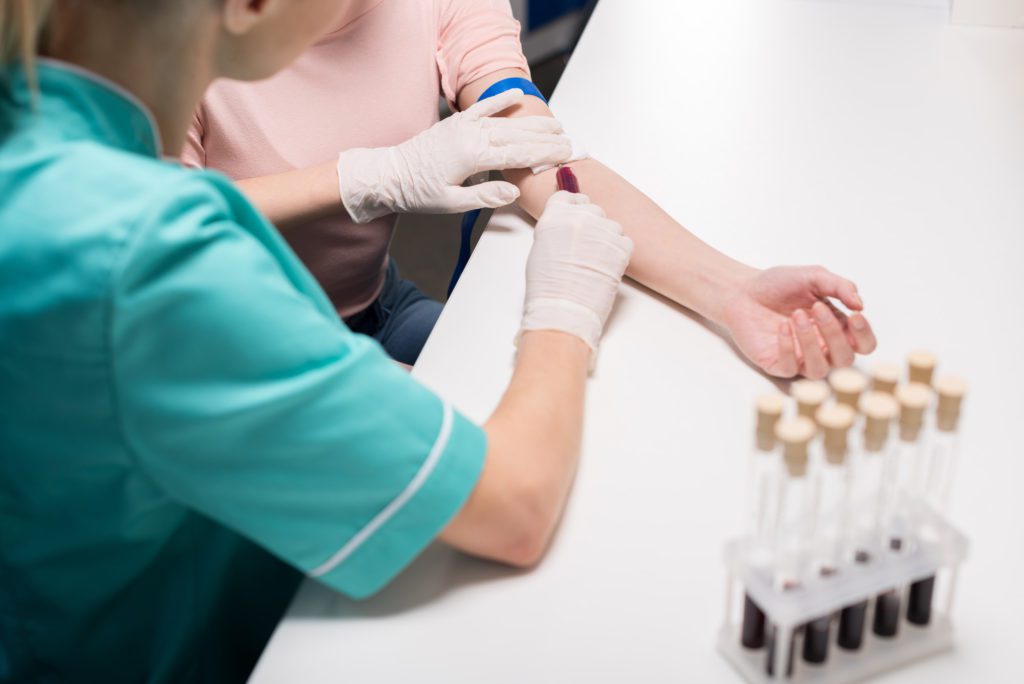Are you curious about your fertility and want to understand more about it? Whether you’re planning to start a family soon or want to gain insight into your reproductive health, understanding the process of fertility testing is crucial.
By the end of this guide, you’ll learn about the various fertility testing methods, understand how to assess your fertility and take appropriate steps toward your reproductive goals.
How can you test your fertility (and why should it be a priority)?

If you want to have kids in the future, checking your fertility is a great way to start preparing for it. It empowers you to understand your reproductive capabilities, detects potential issues early on, and make informed decisions about family planning.
It’s recommended to consult a fertility specialist or reproductive endocrinologist for expert guidance.
Also, make positive changes in your lifestyle to optimize fertility potential because factors such as the following can impact fertility:
- Smoking
- Excessive alcohol consumption
- Poor diet
- Obesity
- Exposure to toxins
How is fertility tested?

Here are six ways to test fertility, both for men and women.
For women
- Blood tests to check ovulation. Blood tests can indicate the presence of ovulation. These tests help determine if a woman is ovulating regularly and can provide insights into her fertility status.
- Ultrasound scan. An ultrasound scan uses sound waves to produce images of the reproductive organs. It can assess the health of the uterus, ovaries, and fallopian tubes and detect abnormalities, such as ovarian cysts or uterine fibroids, that may impact fertility.
- Fallopian tubes x-ray. A specialized X-ray procedure called hysterosalpingography (HSG) examines the fallopian tubes’ condition by injecting a contrast dye into the uterus. Then, it takes X-ray images to evaluate the fallopian tubes’ shape and detect any blockages or abnormalities.
For men
- Sperm test. Also known as semen analysis, sperm tests evaluate the quantity, quality, and motility of sperm. It assesses male fertility potential and can identify issues such as low sperm count or abnormal sperm shape and movement.
For both men and women
- Chlamydia test. Chlamydia is a common sexually transmitted infection (STI) that can cause fertility problems if left untreated. Testing for chlamydia is crucial as it helps identify infections that might affect fertility.
- Laparoscopy. This minimally invasive surgical procedure allows direct visualization of the reproductive organs. It can diagnose conditions like endometriosis, pelvic adhesions, or fibroids, which may affect fertility. Laparoscopy is typically recommended when other tests have not provided clear answers.
By using these fertility testing methods, individuals and couples can better understand their reproductive health, identify potential issues and seek appropriate treatments or interventions to improve their chances of conception.
Consulting with a healthcare professional specializing in fertility can provide personalized guidance and interpretation of the results.
How can you test your fertility at home?
Assessing your fertility at home can provide initial information and valuable insights into your reproductive health. This can be done through blood tests, semen analysis for men, and fertility tests for women, including checking ovarian reserve.
Here are four ways to check your fertility levels at home:
Tracking your menstrual cycle
Observing and documenting your menstrual cycle is a simple way to assess your fertility.
Start by noting the first day of your period and the length of each cycle.
Regular and predictable cycles generally indicate healthy ovulation and fertility. Irregularities in your menstrual cycle may warrant further investigation by a healthcare professional.
Basal body temperature (BBT) charting
Monitoring your basal body temperature can provide insights into your ovulation patterns.
Use a specialized basal thermometer to measure your temperature each morning before bed. A slight rise in temperature after ovulation indicates the most fertile period in your cycle.
Charting this data over time can help identify patterns and estimate the timing of ovulation.
Ovulation predictor kits (OPKs):
OPKs are readily available over-the-counter tests that detect the luteinizing hormone surge before ovulation. By following the instructions provided with the kit, you can determine when you’re likely to ovulate. These kits can also help identify your fertile window and increase the chances of a successful conception.
Rapid fertility tests:
Rapid fertility tests are emerging as a convenient option for at-home fertility assessment. These tests use urine or saliva samples to measure certain fertility-related hormones, such as follicle-stimulating hormone, estrogen, or luteinizing hormone.
While these tests can provide quick results, they offer only a preliminary fertility evaluation and should be checked by a professional healthcare provider for a comprehensive assessment.
Which is better: at-home fertility test or in-person fertility testing?

The choice between taking an at-home fertility test and undergoing an in-person fertility test depends on your circumstances and preferences.
At-home fertility tests offer convenience, privacy, and a preliminary assessment.
In-person fertility testing conducted by healthcare professionals provides a more comprehensive evaluation, access to advanced diagnostics, and personalized guidance based on your specific situation.
Consulting with a healthcare professional is recommended to determine the most suitable approach for your fertility testing needs.
Choosing the best at-home fertility tests using the RT Medical standard
With numerous products available on the market, it can be overwhelming to determine what’s best for you.
Selecting reliable and accurate options to ensure you receive trustworthy results is crucial, so we carefully considered the following factors for our at-home fertility test kits. Scientific validity.
Our fertility tests are backed by scientific research and have undergone rigorous testing. They have been validated and evaluated through clinical studies to provide more confidence in their accuracy and reliability.
Accuracy and sensitivity
We assessed the accuracy and sensitivity of our tests in detecting fertility-related hormones or indicators. Tests with higher sensitivity can detect even subtle changes in hormone levels, providing more precise results.
Ease of use
Our tests are simple to administer, have clear instructions, and have minimal room for errors. User-friendly tests enhance the overall experience and ensure accurate results.
Quality control
We only offer tests that adhere to strict quality control standards during manufacturing. Tests from reputable brands that follow Good Manufacturing Practices (GMP) and have proper quality control measures in place provide more assurance of reliable results.
Customer reviews and feedback
Customer reviews and feedback offer valuable insights into the performance and reliability of at-home fertility tests. We considered the experiences and opinions shared by users to gauge overall customer satisfaction and to identify any potential issues or limitations.
Cost-effectiveness
Affordability is an important aspect to consider when selecting at-home fertility tests. We weigh the price of the tests against their performance, accuracy, and overall value provided to ensure that they offer a cost-effective solution for you.
Considering these factors, we confidently offer the best at-home fertility tests that meet high reliability, accuracy, ease of use, and customer satisfaction.
At-home fertility tests should be viewed as preliminary assessments, not diagnoses. Consulting with a healthcare professional specializing in reproductive health will provide personalized guidance and interpretation of the results.
When to talk with a doctor

We recommend that you talk to a fertility doctor about fertility concerns, especially if you’re going through any of the following:
- Actively trying to conceive for one year without success (or six months if you’re over the age of 35)
- Experiencing irregular menstrual cycles, such as unusually short or long cycles, absent periods, or excessive bleeding
- Going through a medical condition that may affect fertility
- Having any other specific concerns regarding your reproductive health
Key Takeaway
Your reproductive health is unique. Seeking professional advice from a fertility doctor ensures you receive the necessary support to successfully navigate your fertility journey.
By prioritizing fertility testing and seeking appropriate medical care, you can take proactive steps toward achieving your reproductive goals and maintaining optimal reproductive health.




















































